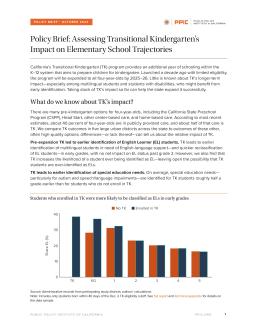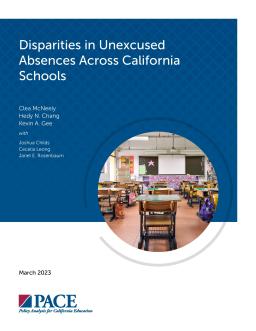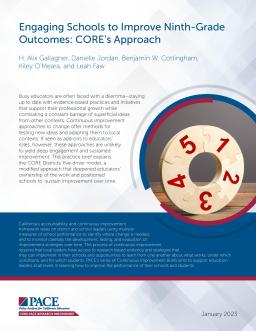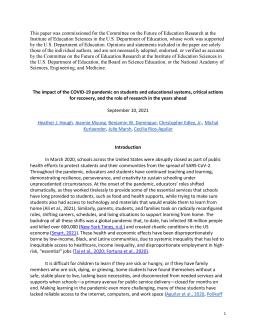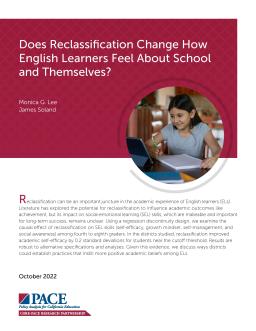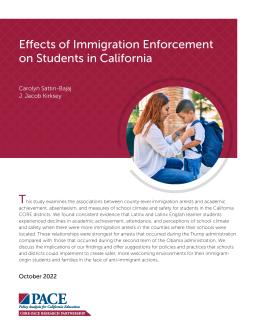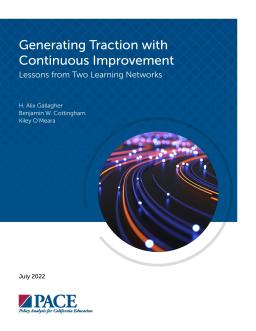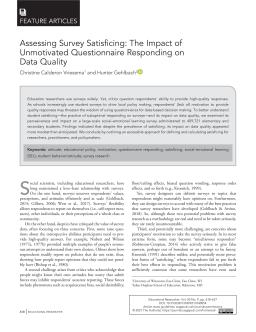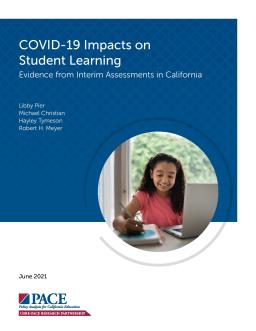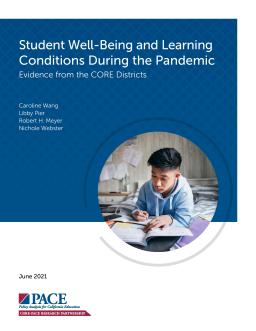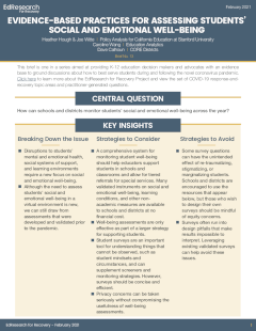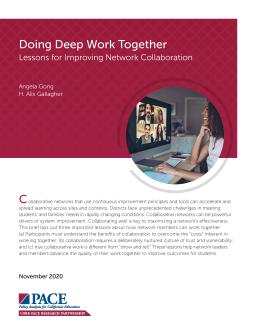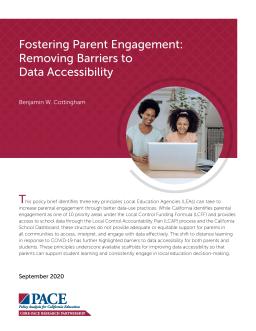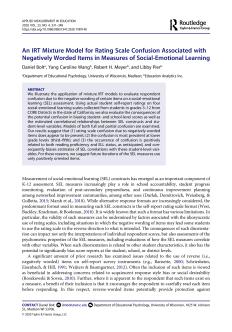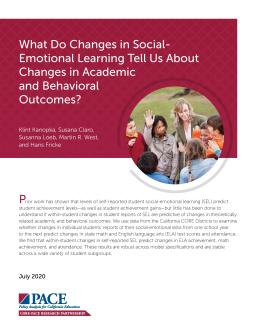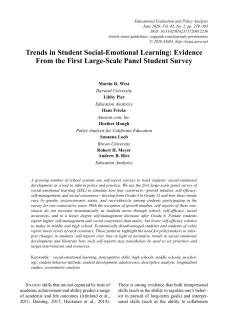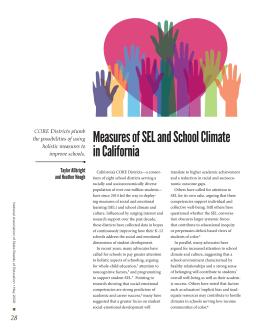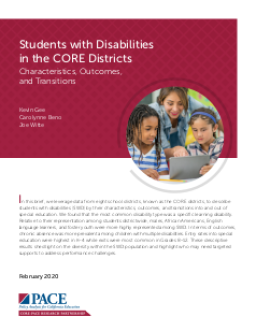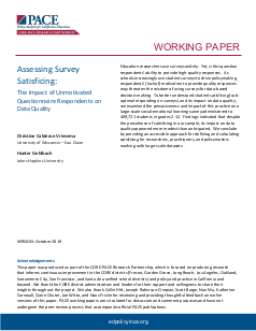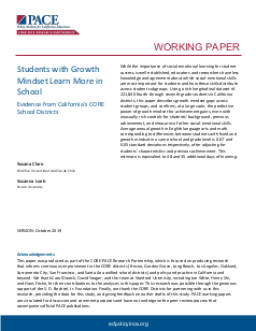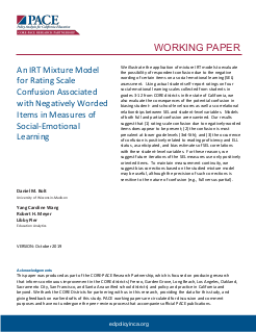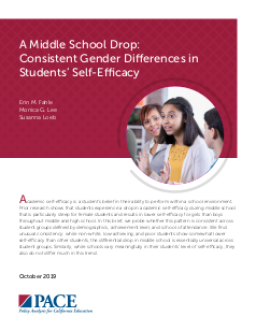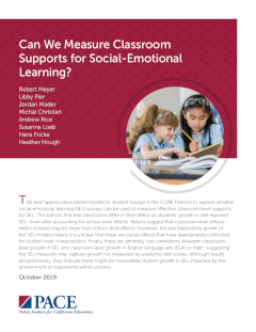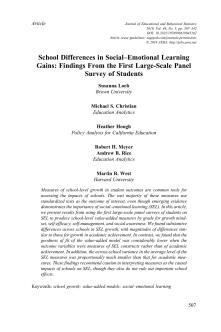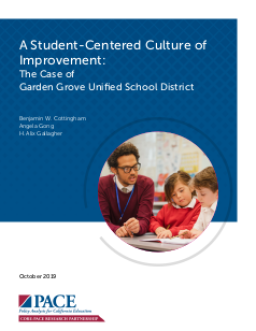Summary
Summary
Summary
Summary
Summary
Summary
Summary
Summary
Summary
Summary
Summary
Summary
Collaborative networks using continuous improvement principles can accelerate and spread learning. This brief highlights the importance of understanding the benefits of collaboration, building a culture of trust and vulnerability, and engaging in true collaborative work, not just "show and tell." These lessons can help network members work together effectively to improve outcomes for students in changing conditions.
Summary
Parental engagement is essential to improve academic outcomes for all students, particularly low-income, Black, and Latinx students. Distance learning has intensified the need for parental support, but state policies and tools for engagement are inadequate. Local Educational Agencies can remove barriers to data access and support parent engagement by following three key principles and taking related actions.
Summary
Summary
Summary
Summary
Summary
The CORE districts studied characteristics, outcomes, and transitions of students with disabilities (SWDs). Specific learning disability was the most common type. Males, African Americans, English learners, and foster youth were overrepresented. Chronic absence was higher for SWDs with multiple disabilities. Most SWDs entered special education in K-4 and exited in grades 8-12. These results help identify who may need targeted support.
